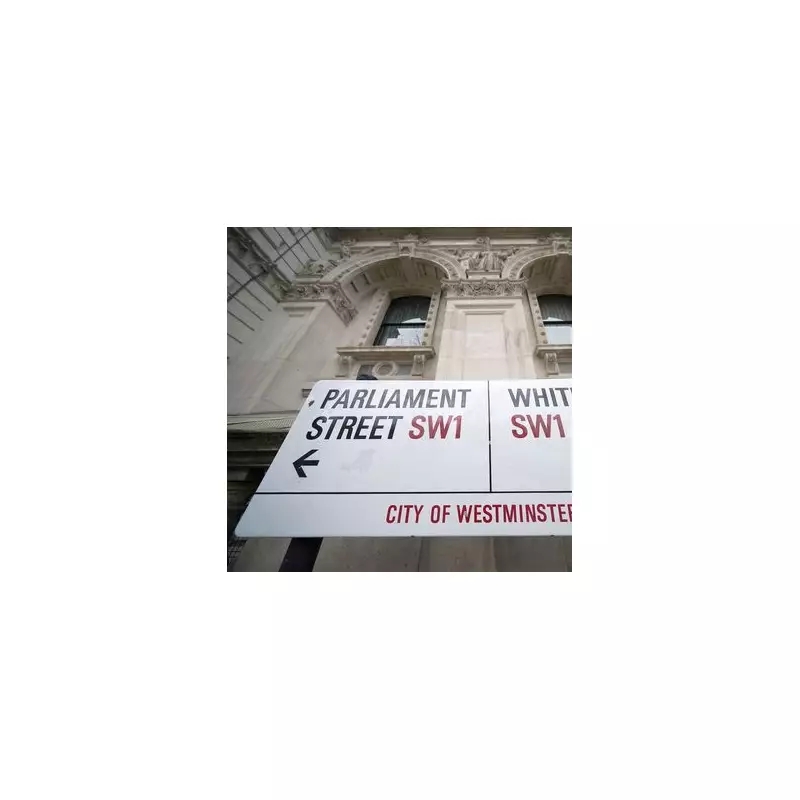
A recent study has exposed a stark imbalance in government internship opportunities, with candidates from affluent backgrounds significantly more likely to secure prestigious Whitehall placements than their working-class peers.
The Privilege Gap in Public Sector Internships
Analysis of internship programmes across various government departments reveals that over 60% of successful applicants attended private schools, despite only 7% of the UK population being privately educated. This disparity raises serious questions about equal opportunities in public sector recruitment.
Barriers for Working-Class Applicants
The research identifies several key obstacles facing less privileged candidates:
- Unpaid positions favour those with financial support
- Exclusive recruitment networks advantage well-connected applicants
- London-centric opportunities create geographical barriers
- Cultural biases in selection processes
Impact on Policy and Representation
Experts warn this imbalance could have far-reaching consequences:
"When policy-makers predominantly come from privileged backgrounds, we risk creating legislation that doesn't fully consider the needs of all citizens," commented Dr. Sarah Wilkinson, social mobility researcher at King's College London.
Calls for Reform
Campaign groups are urging immediate action to level the playing field, including:
- Introducing paid internship schemes
- Implementing blind recruitment processes
- Expanding regional outreach programmes
- Establishing clear diversity targets
The Cabinet Office has acknowledged the findings and promised a review of current internship practices, though concrete proposals have yet to emerge.





